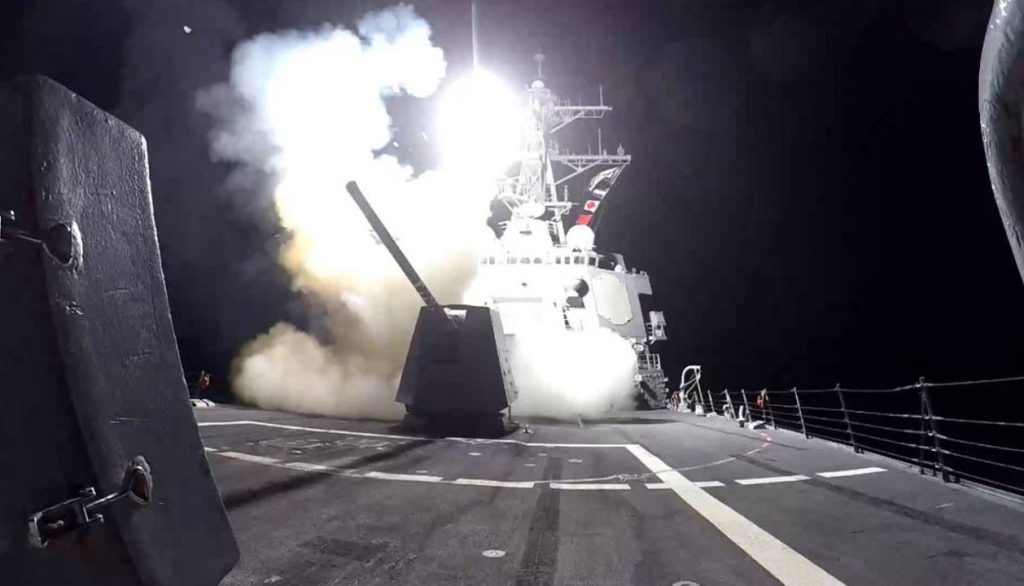The U.S. Air Force commander, Lt. Gen. Alexus Grynkewich, believes that the Houthi rebels in Yemen may be running low on weapon supplies due to American and allied strikes that have targeted the group, eroding their capabilities. Grynkewich acknowledged that it is difficult to accurately gauge the extent of the group’s weapon stockpile, but he noted that the frequency of Houthi operations has decreased recently, suggesting that they may be facing shortages. He also warned that potential Iranian resupply could complicate assessments of the group’s weapons situation. The Houthi rebels, backed by Iran, have been disrupting commercial and military shipping in the Red Sea and Gulf of Aden using drones and missiles.
The Houthis have been conducting almost daily attacks on shipping in the region, leading to a U.S. and allied response that includes increased military patrols and retaliatory strikes on weapons facilities. Despite the slowdown in Houthi activity, Dr. Sumatra Maitra, director of research at the American Ideas Institute, cautioned against assuming that the group is low on weapons. Maitra pointed out that the Houthis use inexpensive, low-grade weapons like drones that do not require targeting, making it easier for them to replenish their arsenal. He suggested that increased patrols by U.S. and allied forces may be a more significant factor in reducing Houthi attacks than a shortage of weapons.
Maitra also suggested that the recent decrease in Houthi activity could be due to instructions from Tehran, Iran, where negotiations involving the Biden administration, Israel, and Hamas are taking place. The Iranian government is a key supplier to the Houthis, and a directive from Iran to temporarily halt attacks may be influencing the group’s behavior. The Pentagon did not immediately respond to inquiries about the situation in Yemen, but the U.S. military believes that the Houthis started their campaign with a substantial number of anti-ship ballistic missiles. The group has defended its actions as an attempt to pressure Israel into ending its conflict in Gaza.
While attacks by other Iranian-backed militias in countries like Iraq and Syria have decreased since U.S. retaliatory strikes earlier this year, the Houthis have maintained their independence from Tehran and may not always follow Iran’s directives. Grynkewich noted that the Houthis can be more fanatical and unpredictable in their actions, potentially leading to sudden upticks in attacks. Maitra also emphasized that the group’s motivations and goals may not align with those of Iran, making it difficult to predict their behavior based on Iranian negotiations. The Houthis’ unique perspective on global politics could lead to unexpected actions that do not align with traditional diplomatic strategies.
Overall, the situation in Yemen remains complex, with various factors influencing the behavior of the Houthi rebels. While American and allied strikes have likely impacted the group’s capabilities, the availability of low-cost, easily replenished weapons and the potential for Iranian resupply add uncertainty to assessments of the group’s weapon stockpile. The involvement of Iran in negotiations with the U.S. and other countries could also shape the Houthis’ behavior, although their independence and ideological differences from Iran make their actions difficult to predict. The ongoing conflict in Yemen continues to present challenges for U.S. military forces in the region.


